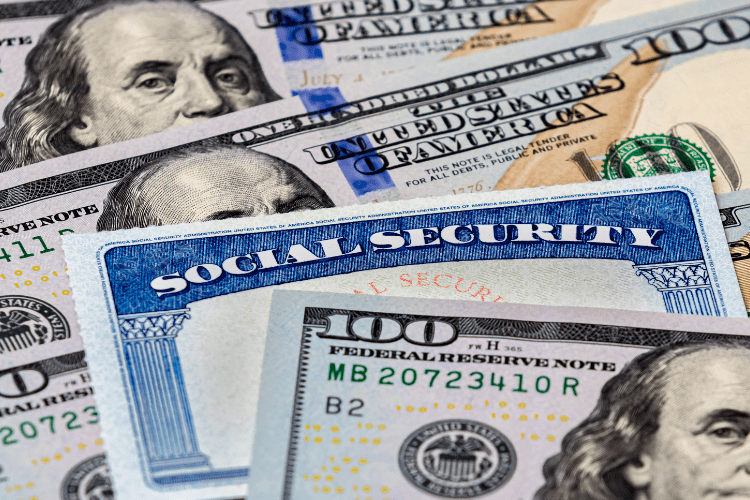Want To Resell Your Concert Tickets? Get Ready To Pay More Taxes

Are you thinking about selling your concert tickets to the highest bidder?
Before selling them, be aware that the IRS may be getting a cut.
Recently, the government has been requiring sites like StubHub and Ticketmaster to report resellers making more than $600 to the IRS.
But why are they changing the rules?
Our article will delve into the government’s decision and what this means for you going forward.
Let’s begin.
What Is The Average Resale Ticket Price?
While resale prices depend on the type of event, there’s clear evidence that they’ve doubled in the last five years. According to SeatGeek, average prices went up from $125 in 2019 to $252 in 2023.
And that’s not considering high-demand events.
Take, for instance, Taylor Swift’s Eras Tour tickets. An original one was valued at around $254, but they reached a staggering average of $1,311 on the resale market. Other sources claim they went even higher, with one fan paying as high as $31,000 for a single ticket!
Other high-profile events, such as Beyonce’s concert and Harry Styles, also experienced significant price surges.
These prices have forced fans to deal with surging costs while resellers make record profits.
Why Is The IRS Changing Its Rules?
The recent revisions to the taxation rules on ticket reselling are part of the American Rescue Plan Act.
Before the changes, the maximum for reporting was much higher, with sellers needing to earn over $20,000 and make more than 200 transactions before getting taxed. Smaller sellers were essentially off the hook and didn’t need to pay anything on these profits.
So, why the drastic change?
It mainly responds to the booming ticket resale market and the price surge. Many people were getting away with not paying anything, and the government could see this tax as another form of revenue.
How Will This Affect Ticket Resellers Going Forward?
Small-scale resellers, previously unaffected due to the high threshold, will feel this change the most.
Even if it’s a one-time transaction, anything over $600 requires you to fill out a 1099-K form when you file for taxes.
This shift will force more sellers to deal with a higher tax burden, impacting their profits and possibly discouraging casual resellers from participating in the future.
Political Responses and Public Sentiment
This adjustment in taxation policy has been mixed, to say the least. A bipartisan bill has already been introduced in the Senate to amend the IRS threshold to $10,000 in sales and 50 transactions. However, only time will tell if any amendments actually take effect.
Many fans and small resellers are also incredibly disappointed, saying this move only worsens the already frenzied ticket resale atmosphere.
With fewer small-scale resellers, the new law could make it harder for fans to buy reasonably priced tickets.
When Will These Changes Go Through?
The rule has already been implemented in the American Rescue Plan Act.
This means sellers must proactively understand and follow the new regulations for the next tax season.
If you’re involved in this business, keep track of your transactions and remember to fill out a 1099-K form to avoid any unpleasant surprises from the IRS.
The Bottom Line
There’s no doubt that the IRS’s new rules will bring massive changes to ticket reselling in the future.
Lowering the taxable threshold means more sellers must start paying Uncle Sam their fair share. On the other hand, it could discourage many sellers from continuing their businesses, leaving many fans without a second option to buy tickets to their favorite artist’s events.
However, the debate is still ongoing. Congress could devise a compromise where resellers, fans, and the IRS are satisfied.
Whether you’re a buyer or a reseller, staying informed is more crucial than ever. Make sure to keep an eye out for any future updates!
Read more:










